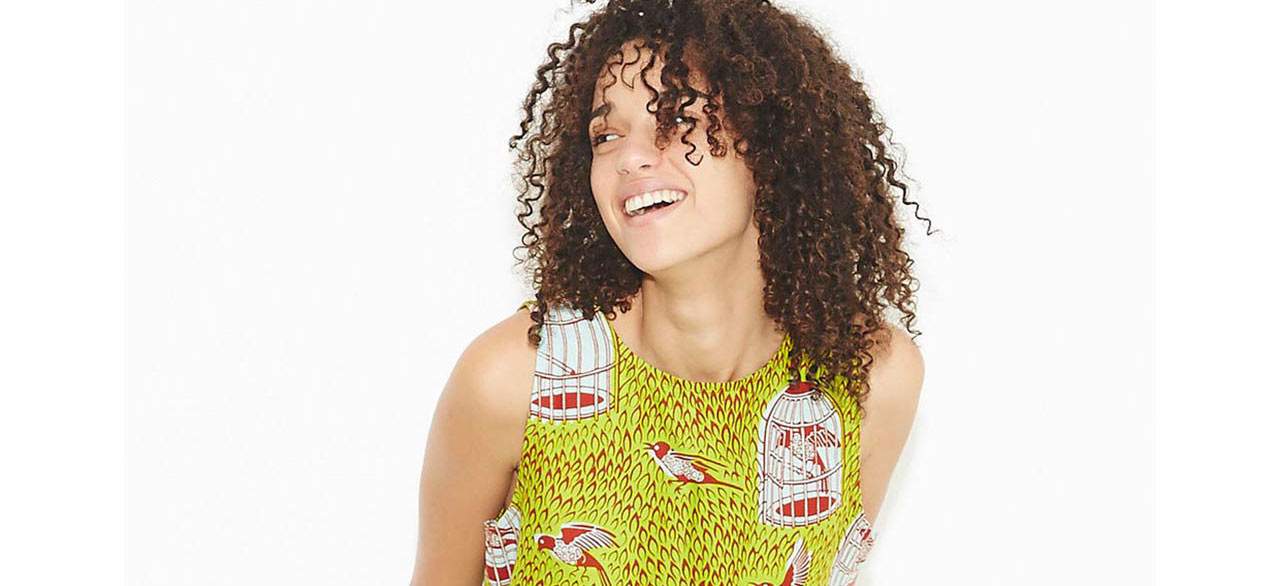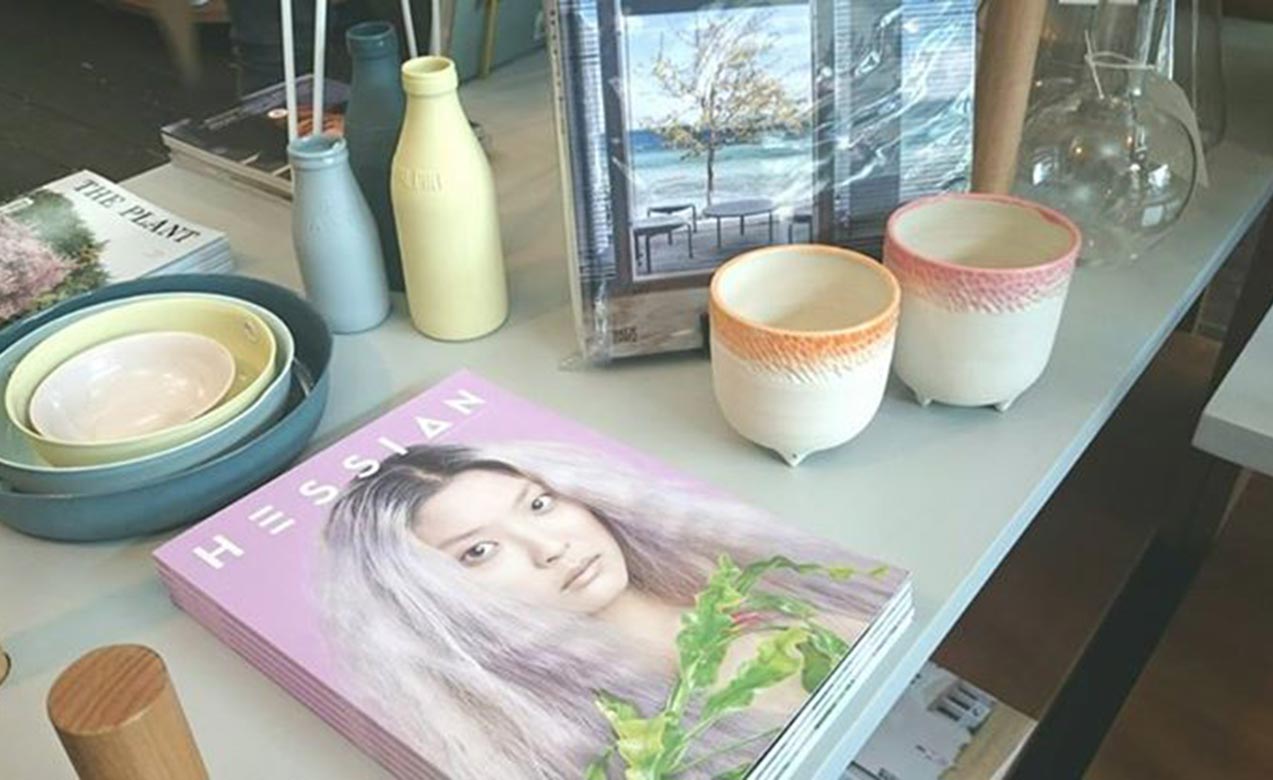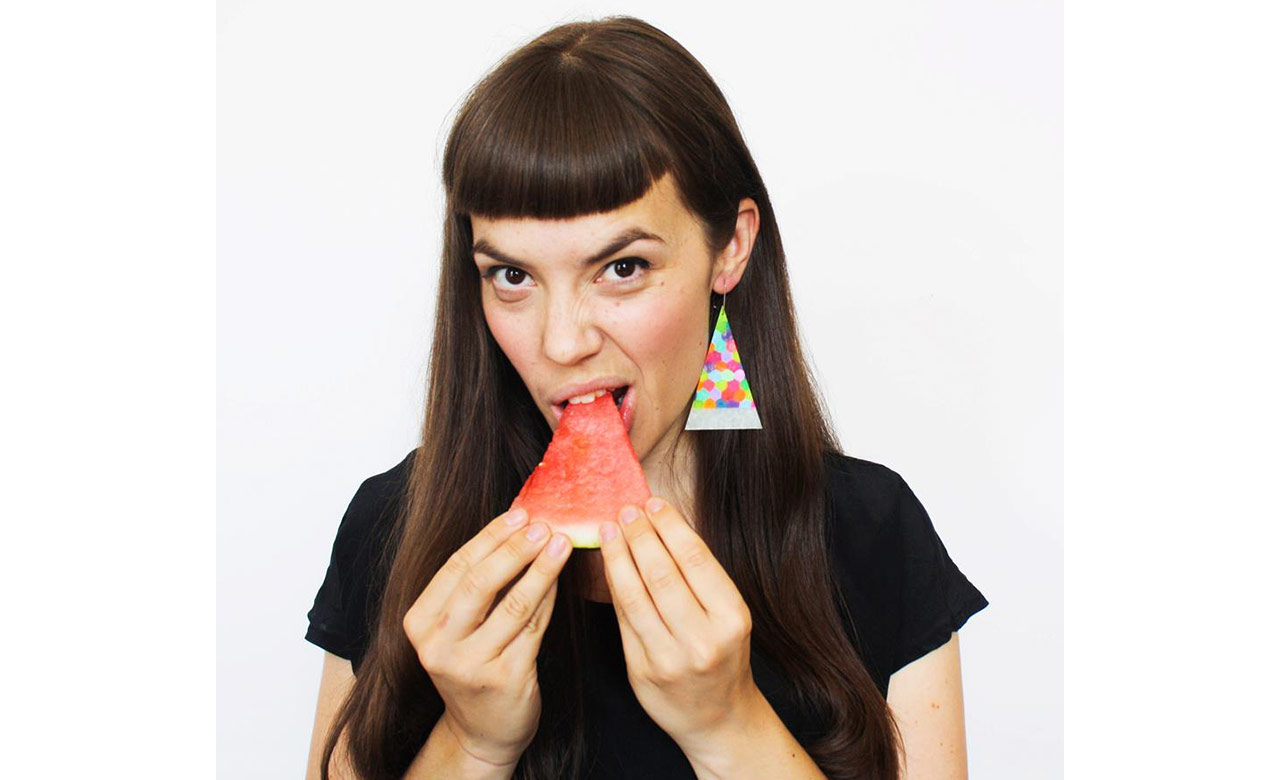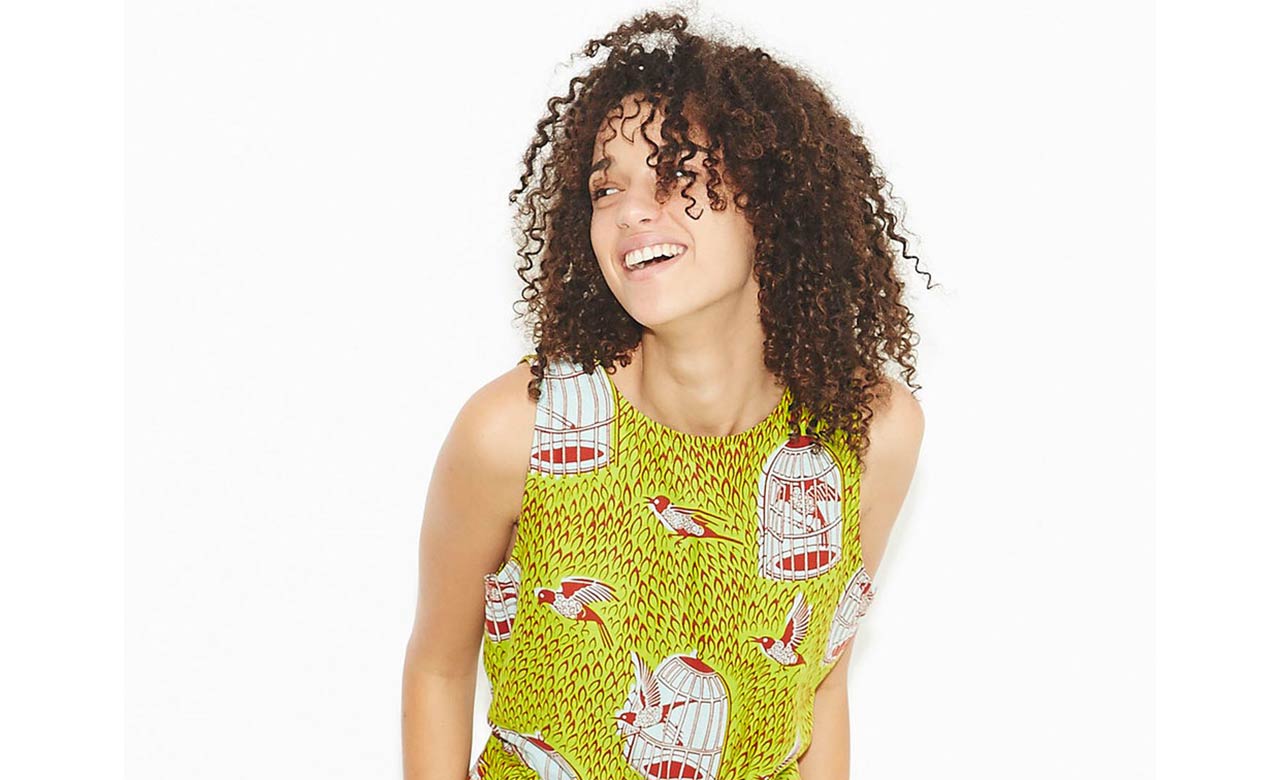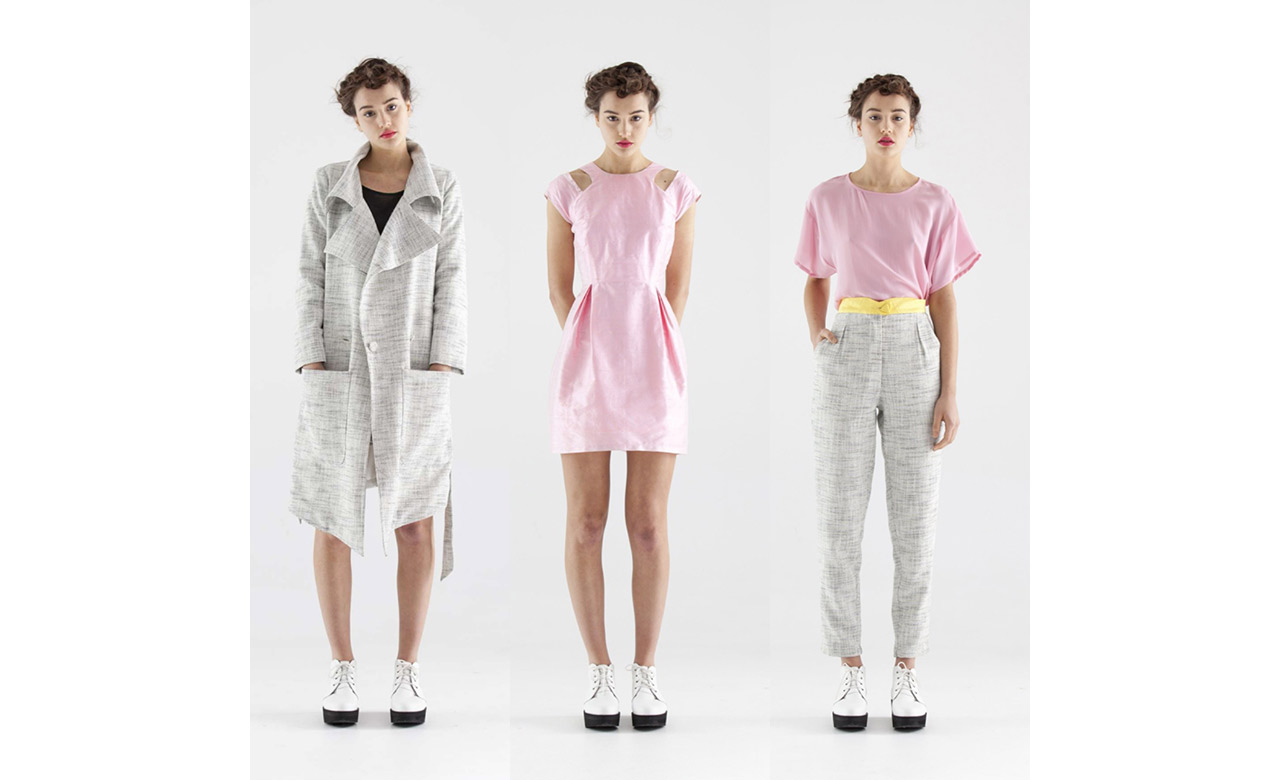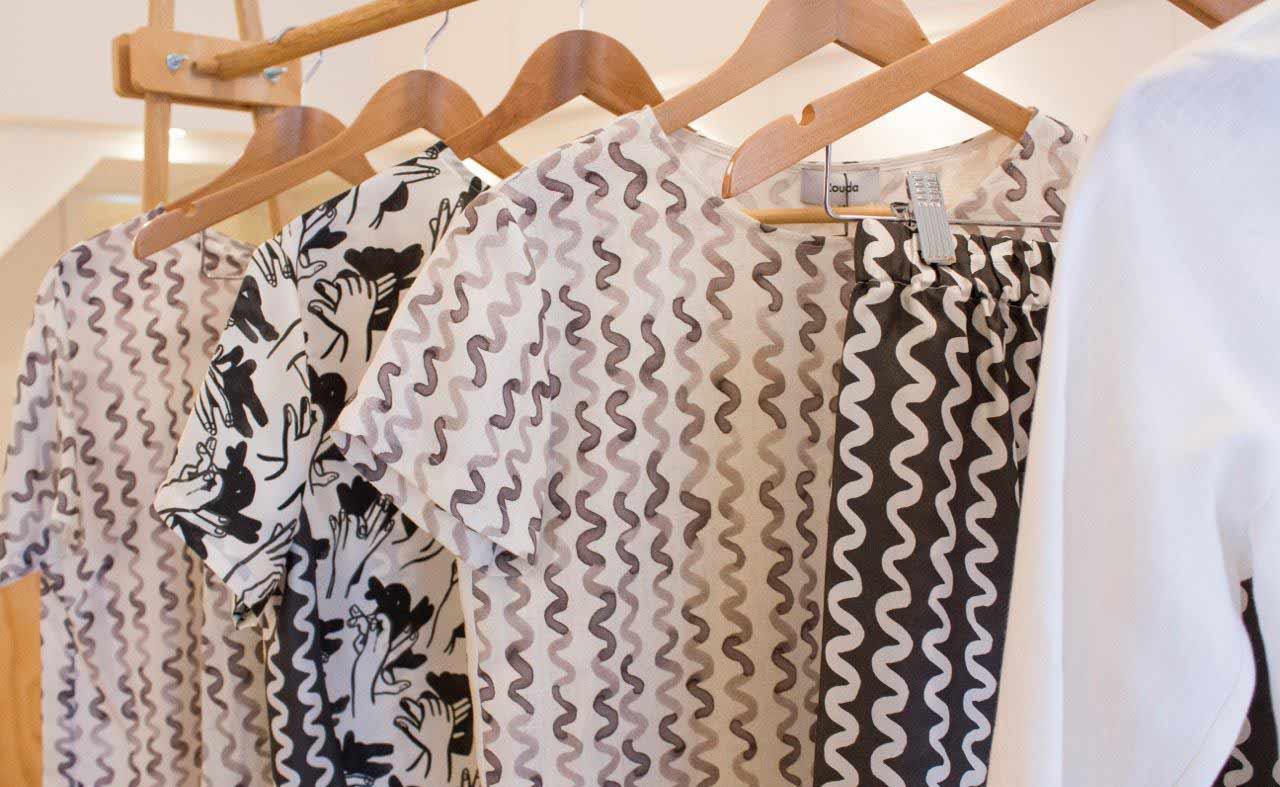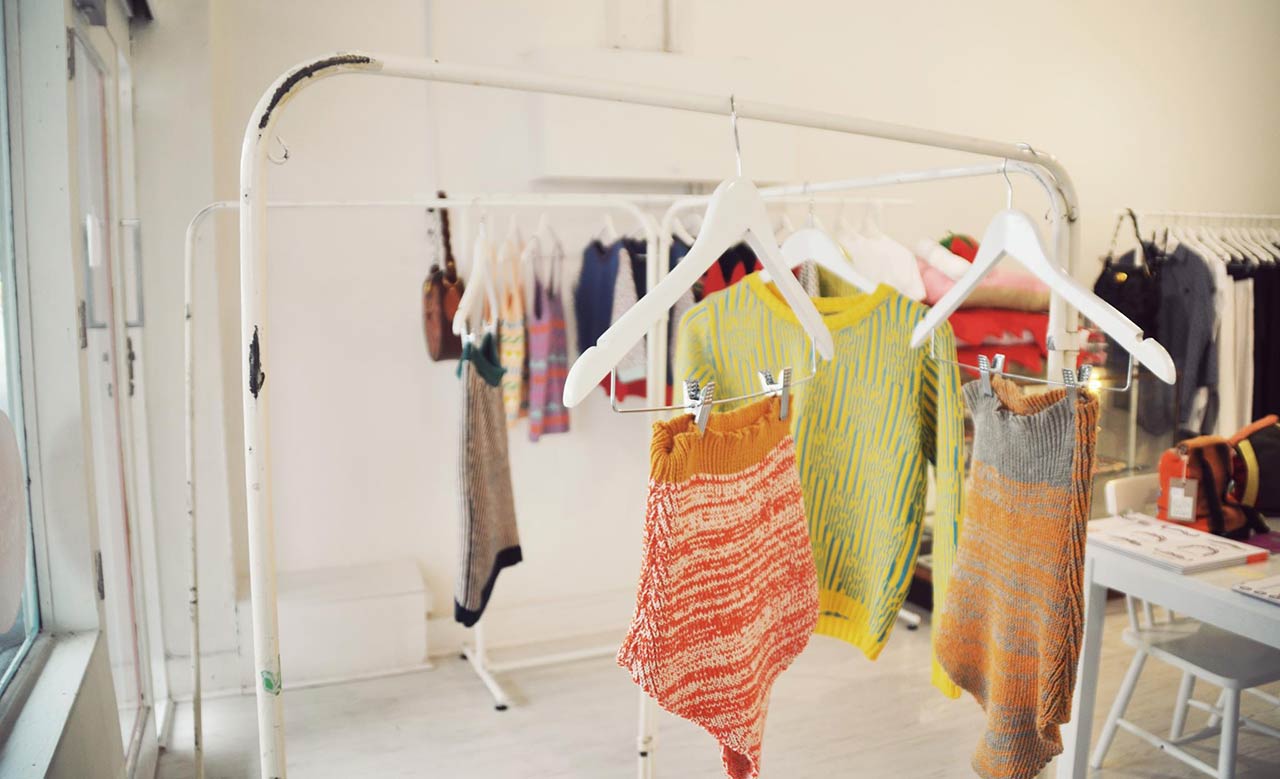Five Lessons in Sustainable Fashion with Hessian Magazine
Editor-in-chief Siggi McCarthy lets us into the world beyond the buzzwords.
Newsflash: fashion isn't just about looking good. Sustainability is playing an ever-increasing role for many designers, and there's a new Australian magazine trying to to support and highlight their noble pursuits. With their first edition launching only a matter of months ago, Hessian is your new go-to publication for feel-good fashion. For those a little out of the loop, we spoke to editor-in-chief Siggi McCarthy to get the inside scoop. How are people embracing this new trend? Where can you get your hands on the good stuff? What does it all mean?
So, what is Hessian?
"Hessian was founded simply out of necessity," McCarthy says. "Violette Snow (founder) felt there needed to be a magazine that packaged sustainable fashion in a way that was accessible, exciting and fresh. Without sounding like a crazy hippy, the earth and the people living here are in trouble and we need to step up and do something about it."
McCarthy first met Snow when she was working for Ethical Clothing Australia, manning their stall at the Sustainable Living Festival. The two got chatting and soon realised they were very much on the same page. "I was immediately drawn to the idea of Hessian and knew I wanted to be a part of it. Violette was putting onto paper what I'd been thinking about for a long time: Why can't sustainable fashion be aesthetically pleasing? Why don't we expect more from fashion labels? Can someone please stop using the word 'green'?"
"There needs to be a greater dialogue when it comes to ethical issues in the fashion industry but we can't create real change if we alienate young consumers. This is why Hessian uses a concept called subtle sustainability."
Sustainability is a bunch of small choices
"Subtle sustainability is a stripped back easygoing concept that encourages us to think about leading a more conscious lifestyle," McCarthy says. Instead of shoving it in people's faces, Hessian focusses on making realistic and achievable lifestyle changes — people want to feel as though they're making a difference, but they also don't want to read about doom and gloom. "Put simply, we just want young people to make informed choices and realise that mindful living can actually be fucking cool."
Focussing on the bigger picture, Hessian prefers to think of itself as a style magazine rather than a fashion rag. "We encourage people to embrace quality local production, independent design, good craftsmanship, and style that transcends seasonal fads."
You don't have to look bad to feel good
Good news do-gooders! These days you can buy sustainable products without compromising on quality or style. "While some brands unfortunately reinforce the stigma attached to sustainable fashion — that it's heinous — there are labels out there that are encouraging people to buy ethically through beautiful clothing," McCarthy says.
"I think that's the key to a more sustainable fashion industry — blending ethics with aesthetics so seamlessly that sustainable clothing becomes the more desirable option." Bottom line: people want to buy clothing because they look good and that's never going to change. "They’re not going to settle for something that looks like crap just because it has a nice story behind it."
There are lots of brands doing great things
"I think us young folk get a bit of a kick out of knowing who is behind the clothing and wearing something that comes from a small run," McCarthy says. And, luckily for us, there are a bunch of local independent designers doing us proud in the sustainability stakes. In particular, Siggi recommends Kuwaii, Celeste Tesoriero, PER-TIM, Julie White, Thursday Sunday, YEVU, Kester Black, Nobody Denim and The Social Studio.
Working at Ethical Clothing Australia, McCarthy also tries to support accredited labels. "R.M. Williams, for example, is ECA accredited and make the best boots locally in South Australia," she says. "I also dig NICO Underwear, which is made in Queensland using organic cotton and bamboo." Overseas favourites include Honest by, Everlane, Kowtow and Study.
The good stuff can be hard to find
The difficult thing about small independent labels is that they can be tricky to hunt down. In lack of an outlet store, McCarthy recommends hitting up Monk House Design, Dagmar Rousset, and trusty old op shops. But her hot tip is social media — there a bunch of great Facebook groups selling good quality, secondhand clothing.
"When I meet girls to pick up items bought in these groups, it always feels like a drug deal," she says. "You generally don't know what the seller looks like, so you stand awkwardly on a corner hoping to make eye contact. When you suspect it's the right person, you walk up to them hesitantly, exchange pleasantries, inspect the garment, give them the money and then go about your day. Sometimes I think I buy clothing off these groups more for the experience than the clothing!"
You can do it for cheap
Of course, doing things right doesn't always come with a huge price tag — this isn't like the organic section at Coles. If you're doing this on a budget McCarthy suggests you stick to Facebook or Instagram and hit up online swaps like The Clothing Exchange. She also suggests you invest in quality over quantity. Buying one great item that lasts you saves you a bunch of money in the long term. You should also shoot for a well-curated wardrobe. This means thinking about what you already own and how your clothing can be worn with the garment you're considering buying. There's not much point having a wardrobe filled with pieces that don't work together. Last but not least, don't worry about wearing the same clothes often. If you look good — work it.
For more on sustainable fashion pick up Hessian from their online store or Happy Valley, Brunswick Street Bookstore, Save Yourself Boutique, Dagmar Rousset, Greenhorse Boutique, Limedrop in Victoria. In NSW you can pick up a copy at Darley Collective.
Images via Hessian Magazine, Dagmar Rousset, Kuwaii, Monk House Design.
